In recent years, buzz generated from the Oscars falls more on the side of controversy rather than of calibre. This opens up what can only be described as a domino effect of disarray with each passing incident. Memefied moments take over our social media feeds. Celebrities make guest appearances on “cancelled” lists. Facebook aunties write think pieces about their morally superior opinions. A side dish of heavy discourse is served at family dinners
It’s no secret that the social media age has proved difficult for the Academy to navigate, with nothing but dwindling ratings and waning popularity to show. The glitz and glamour that once had the world by the tail has grown dull over the decades. Now, the nostalgia of a time past barely keeps the annual event tethered to the airwaves. These days, live broadcasts can be experienced with the mere click and swipe of our fingertips. A series of tweets will tell you all you need to know about what’s happening, without the fluff or frivolity of sitting through three hours of corny monologue and incessant ad-breaks.
So, in light of their multiple failed attempts at reinventions, bad press, and general lack of diverse representation across the board, it begs that foreboding question: Are the Oscars Still Relevant?
Karen’s Take:
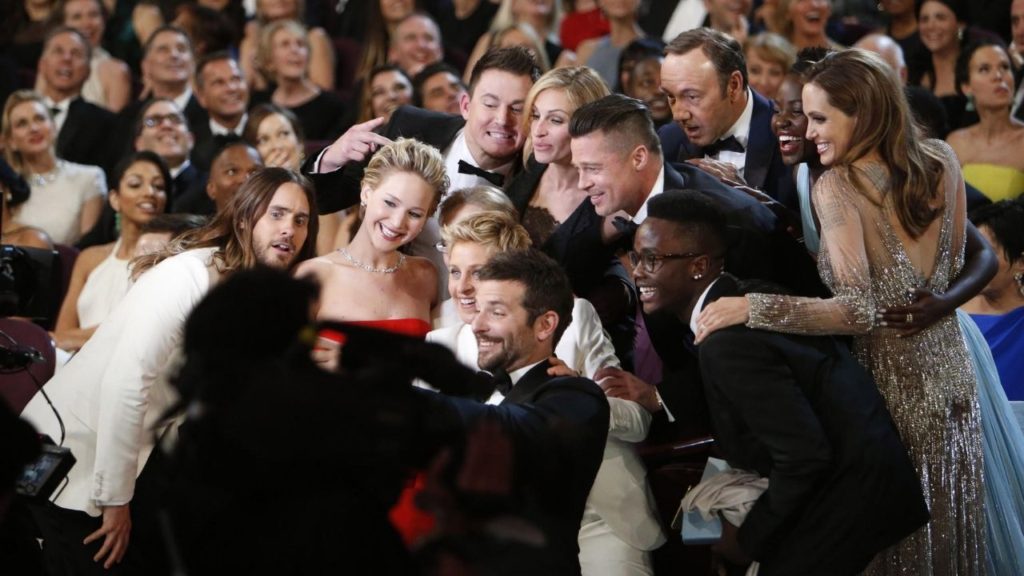
I’d say yes and no.
I haven’t watched the Oscars long enough to preface my comments smugly with a “back in my time…” opening gambit. Not yet anyway. But awards season will always be one of my favourite times of the year. Growing up as the only cinephile in my household, the Oscars acted as my gateway to the world of film and cinema. Every best picture nomination earned a spot in my watchlist, and each up-and-coming artist automatically became my new favourite. The Oscars represented an ideal far beyond mine or anyone’s reach. A relic of old Hollywood, where the Audrey Hepburns and Grace Kellys once shone. Experiencing a sliver of that magic, even through the confines of my television screen, meant everything to my 14-year-old self.
More than that, the Oscars are vital to keeping the film industry alive and thriving. Punctuating a film or an artist with “Oscar Nominated” or “Oscar Winning” holds more metaphorical weight than the gold statuette could ever offer. Aside from international prestige and global recognition, it brings opportunity knocking on front doors. Box office numbers rise, paychecks expand, film offers increase, passion projects pursued, and talent is recognised. It feeds the ideal as much as it celebrates cinema.
If these years have proven anything, however, it’s that the fantasy doesn’t sell quite as much as it used to. The Oscars’ dying appeal is known to everyone but the Academy themselves, with each flopped idea bringing them closer to the unspeakable end. Many can theorise what deficiencies are holding them back. Films with more than one big name attached pander multiple nominations, deserving or not. The abandonment of cable television, as younger audiences shift towards streaming services. Fatigue from multiple award ceremonies dampens interest towards the finish line. Representation and diversity are treated as mere checkboxes to angering the masses. It’s a long list, one that’s mostly rooted in systemic practices and virtue signalling. And that’s bound to leave audiences, even the most fanatic, jaded at the Academy’s lack of evolution in the contemporary age.

Yet, the industry needs a conduit to celebrate their successes. Cinema continues to reel from the effects of COVID-19, with theatrical releases and widespread recognition hindered by the waves of Delta and Omicron. While notable controversies and bad press threaten to topple the reign of the century old institution, that isn’t to say that the ideal isn’t worth sticking by. In the short span of my Oscar viewership, there are fond moments that have stuck with me that simply can’t be recreated without a live broadcast. Leonardo DiCaprio’s first Oscar. The Parasite sweep. Olivia Colman’s laugh-out-loud acceptance speech. Chloé Zhao’s historic win. All of which were celebrated with toothy grins, loud exclamations, and warmth in our chests. The Academy’s seal of approval provides as much validation to the artist and its work, as it does provide entertainment for us. We don’t cheer for them, we cheer with them. The ideal still exists, just with little room to shine.
Cinema and talent can still be revered, when it is deservedly done so. Rather than a glorified red-carpet dinner peppered with bad jokes, the Academy must put into action what it really stands for – an umpire of cinematic excellence.
Uma’s Take:
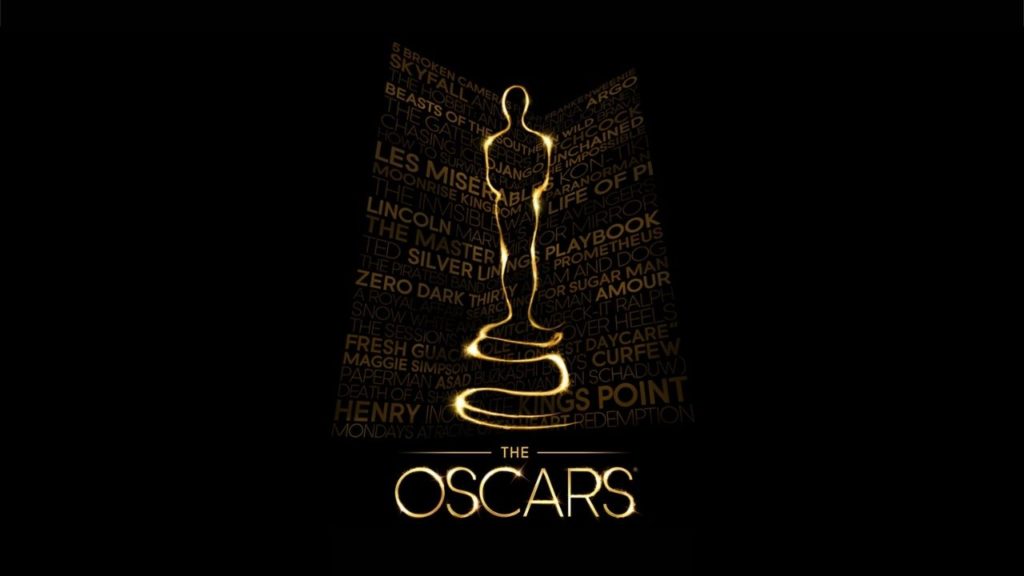
Quick. Which movie won the Oscar for Best Picture in 2013?
Can’t remember? Or is it just because you don’t care? Why did The Imitation Game garner eight nominations? Why did Don’t Look Up, a movie that was a poor remake of Chicken Little, get any at all? Why was The Lego Movie snubbed? Who really cares if Meryl Streep wins or loses? Who’s still keeping count?
Now I wasn’t always a grouch when it came to the Oscars. I was quite the opposite. I looked forward to that overwrought and overblown ceremony. I looked forward to the opening monologue, to the speeches, to the mawkish obituaries, even those overproduced dance numbers. I looked forward to them all.
I know what you’re thinking. Here’s just another silly fool on the other side of the planet a little too caught up with the glitz and glamour of Hollywood. Yet another sucker subverted by the inescapable influence of American soft power. And while there may be some truth to that, I remain adamant that, for me, it was always about the movies.
I have been in love with cinema, from the moment I saw the Stay Puft Marshmallow Man stalk through the streets of New York City, from the moment the Millennium Falcon careened into the Death Star taking out those Tie Fighters, from the moment Doc Brown made a DeLorean fly, from the moment Julie Andrews ran across those pristine and rolling hills. It was the movies that taught me everything I needed to know about life.
And the Oscars? Well, the Oscars were the natural culmination of my year of watching movies. It was a moment when the world (or at least the Academy of Motion Picture Arts and Sciences) would validate what I already knew. That Schindler’s List really was the “best” movie. That Jodie Foster really was the “best” actress. That John Williams composed music that made my heart sing. It was, after all, the only awards ceremony that really mattered.
Of late, however, at the point when those nominations are announced, at some point in February, in the wee hours, by a pair of bleary eyed stars, I can’t help but wonder why I still care.
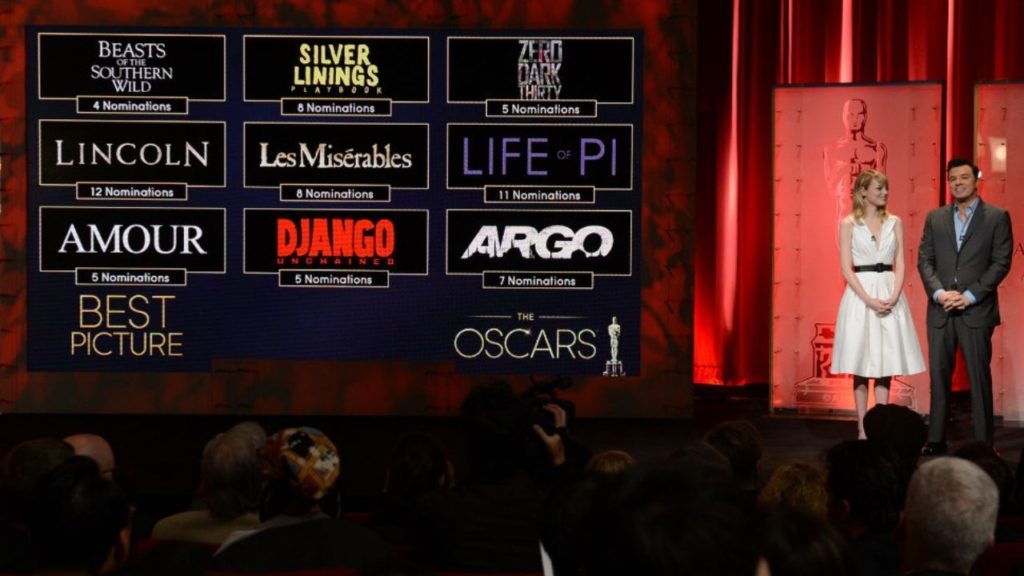
To answer that question, we must first consider the purpose of the Academy Awards. What is its raison d’être? To acknowledge and recognise the very best that the art has to offer? To shine a light on those movies otherwise ignored by the cinema going masses?
If those are its objectives, then what does it mean that come Oscar night, that Hollywood will have spent hundreds of millions to win a little golden man? What does it mean when landing a Best Picture award alone will cost you more than $10 million? What does it mean that the Oscars no longer speak to their home audience let alone to a global one.
There are endless examples, year after year after year, of ridiculous inclusions and omissions from the nominations (Don’t Look Up chosen over Spider-Man: No Way Home? The King’s Speech victory over Toy Story 3?), of true classics being overlooked in favour of the “awards-friendly movie,” of brilliant performances being overlooked because it was just that time for Julianne Moore to receive hers.
The Oscars are stuck. Unable to move with the times. Unable to reward or even recognise those movies that exist beyond the narrow sweep of their predictable (and often boring) tastes. And like most everything else in Hollywood, it’s the economics that have come to dominate even the Oscars. Oscar nominated films earn an average of $12.7 million more at the box office. A win is worth $3 million in increased gross. And Best Actor winners can expect a $3.9 million salary increase. The Oscars have become the best marketing tool Hollywood can buy.
So much for that Metro-Goldwyn-Mayer logo, that roaring lion that invokes an almost Pavlovian response from moviegoers the world over, that features the slogan: “Ars Gratia Artis.” “Art for Art’s Sake.” Maybe it was too naive a notion. Maybe it was too utopian a vision. Maybe.
What then is the relevance of the Oscars? Who do they serve apart from Hollywood itself?
And it was Argo by the way. Argo won the Oscar for Best Picture in 2013. How very memorable.
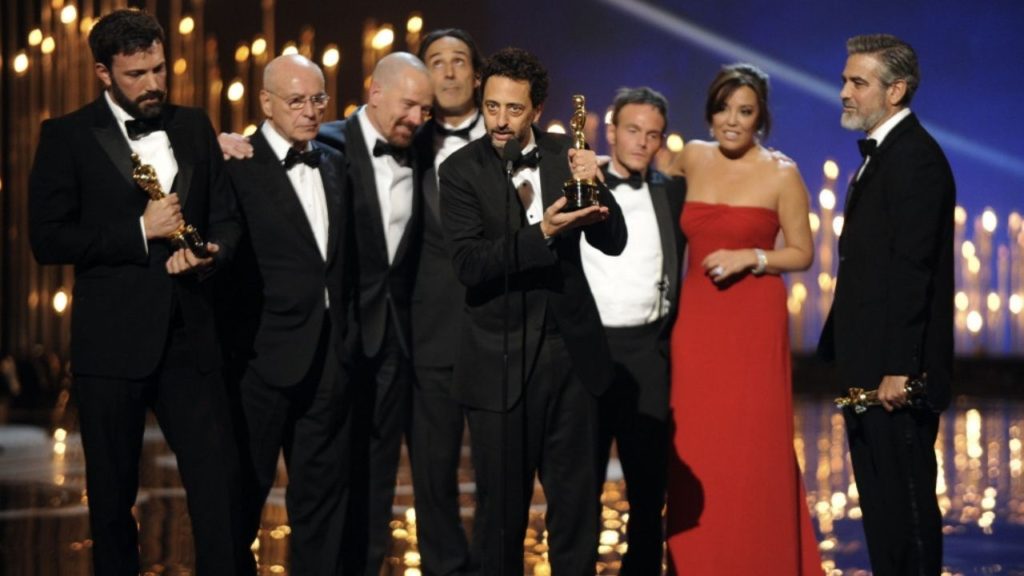

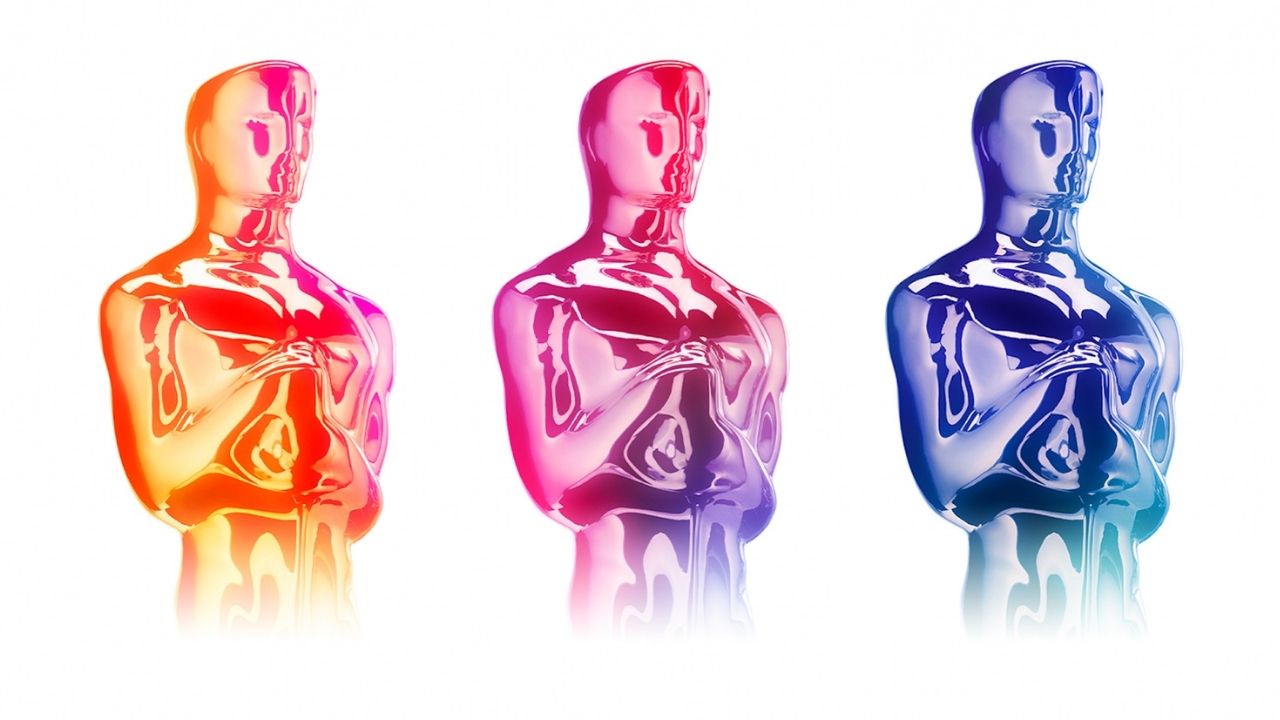


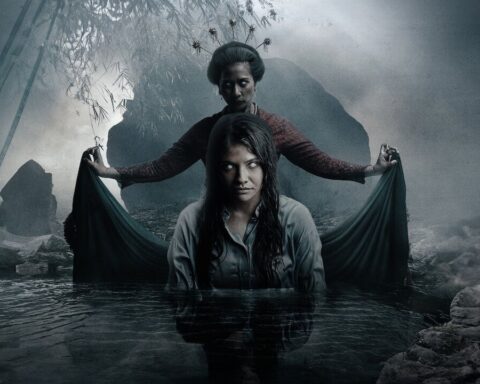
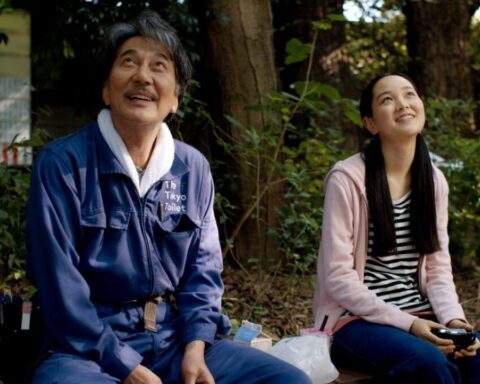


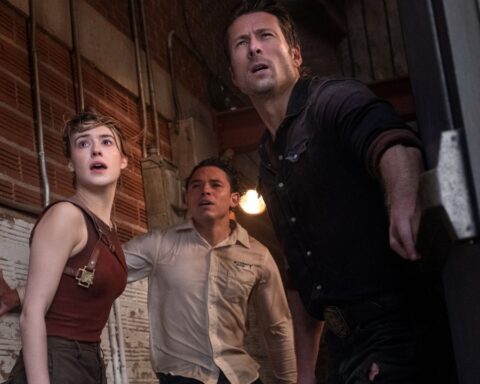
Follow Us